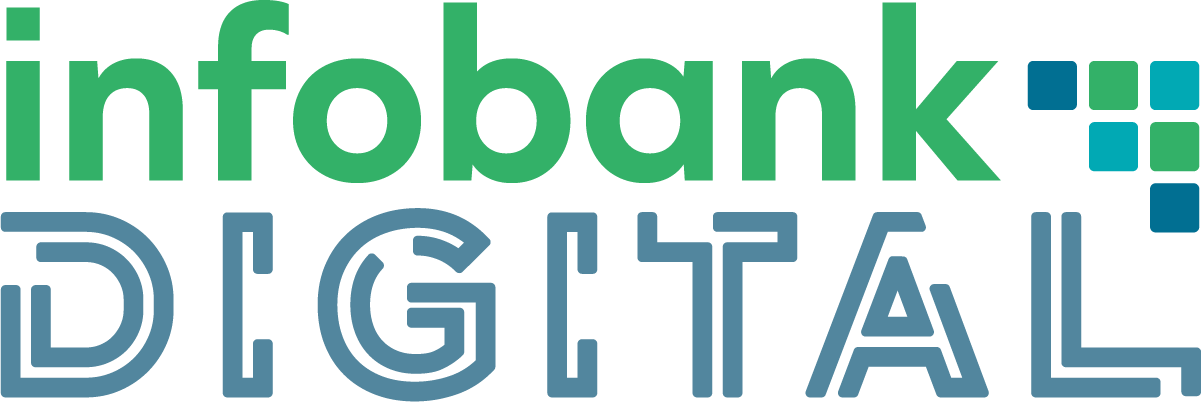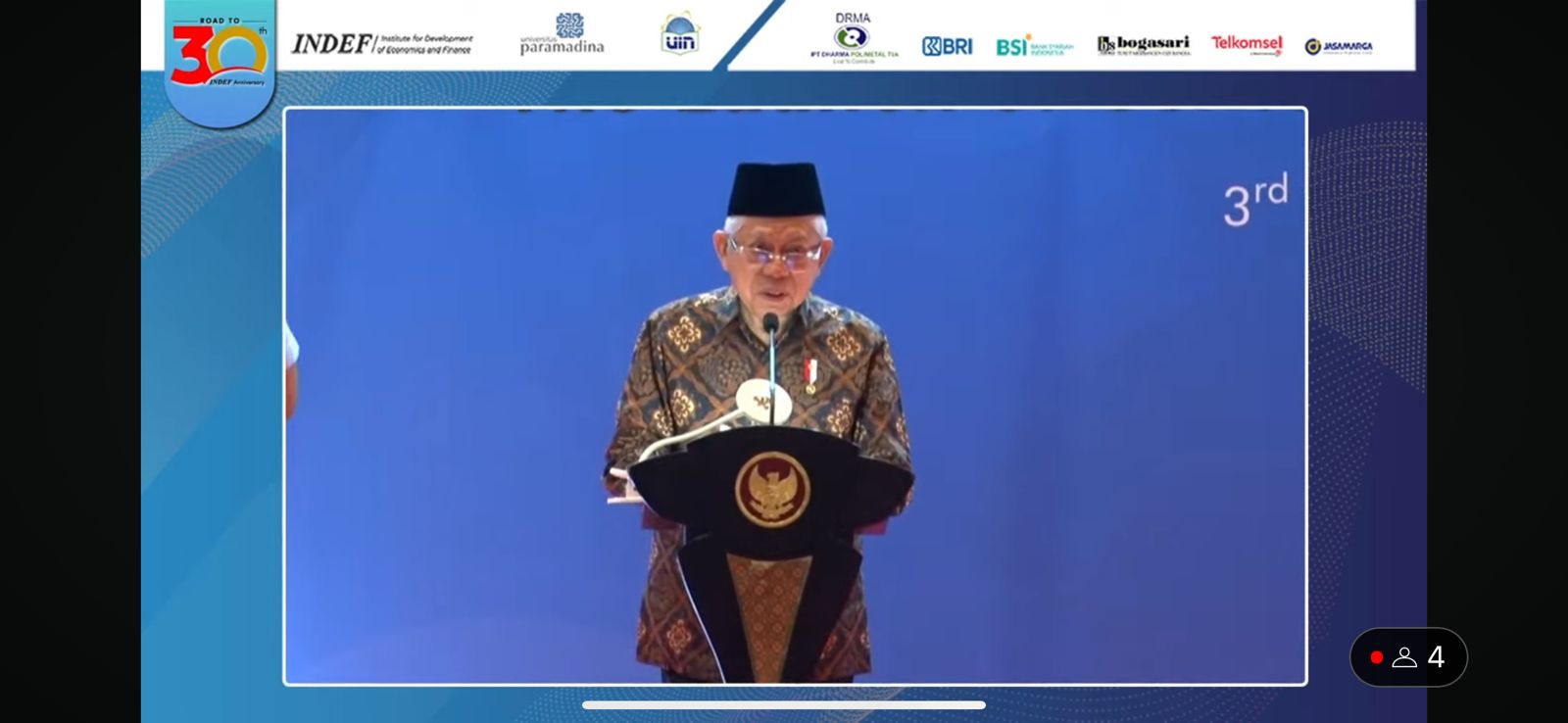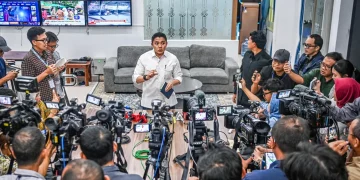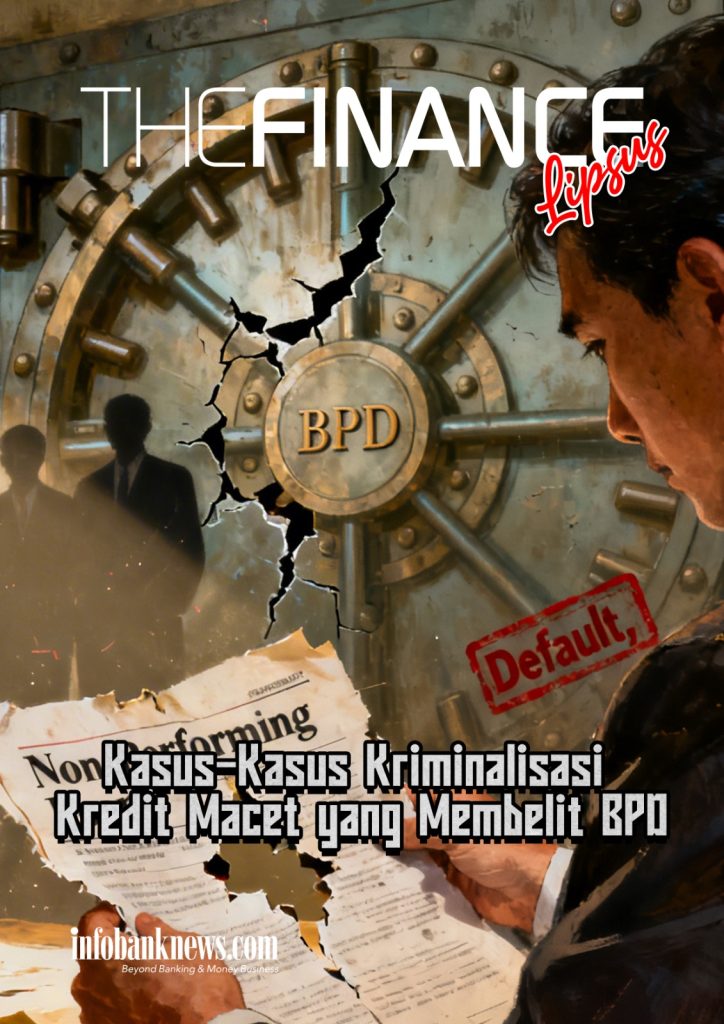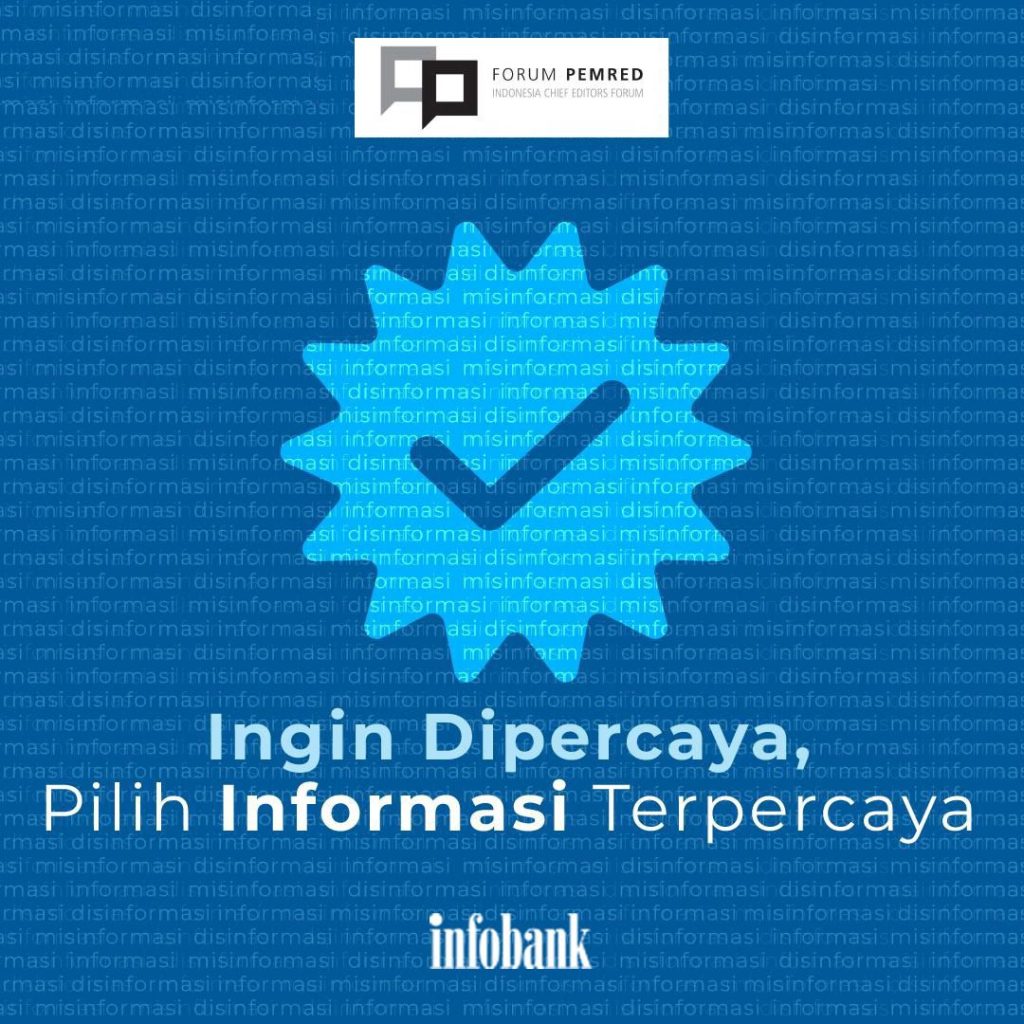Jakarta – Indonesia’s sharia banking assets have great potential and can reach Rp1,000 trillion. This was revealed by Institute For Development of Economics And Finance (Indef) Senior Economist Didik J Rachbini at the launch of the Center for Shariah Economic Development (CSED), in Jakarta, Tuesday, September 3, 2024.
Based on the latest data from the Financial Services Authority (OJK), the total assets of Islamic commercial banks (BUS) and Islamic business units (UUS) reached IDR 845.61 trillion at the end of January 2024.
“Actually, this Rp1,000 trillion can grow and in my opinion it is big enough to be able to do something,” Didik added.
He continued, to encourage the development of the Islamic banking industry, many things must be considered. The government is expected not only to pay attention to the technical, business and management instrument aspects, but also to highlight the policy and political aspects of the economy.
“Why the political economy aspect? Because there is still a gap in land ownership in Indonesia. Those who do not own land are very large, and those who accumulate land are very large. Why not, if this sharia economy also helps to solve these inequality problems,” he said.
On the same occasion, Vice President Ma’ruf Amin added that the future of Islamic economics and finance in enlarging the national economic capacity is very promising in 2030. Among others, the contribution of the Islamic economy to national GDP is expected to reach USD10 billion or equivalent to one and a half percent of national GDP.
With this potential, Indonesia has a big vision to become a major player in sharia economy and finance at the global level, but to realize it will be followed by various challenges.
“The low level of literacy and public understanding of Islamic economics and finance is a common homework. The potential (of the Islamic economy) is very large but the realization is not like the potential that Indonesia has,” he added.
In addition, Indonesia still faces an inadequate regulatory framework, lack of incentives for halal industry players and sharia entrepreneurship to the still not optimal synergy and integration of the halal industry, Islamic finance and Islamic social funds.
“Sharia social funds have enormous potential. Zakat is around Rp270 trillion per year, while waqf is around Rp180 trillion. Governance and distribution of Islamic social funds also need to be improved in order to encourage poverty alleviation efforts,” he said.
Read also: Rumored to be Acquired by Maybank, Here’s JMA Syariah Boss’ Response
On the other hand, Indonesia’s sharia economy and finance is currently in the third position in the world, up from the previous position 10. The vice president said the positive performance of the sharia economy and finance was driven by the growth of the leading sector of the halal value chain which amounted to 3.93 percent, even this sector was able to support nearly 23 percent of the national economy.
In addition, the development of Islamic finance is also characterized by increasing assets and diversification of Islamic financial institutions.
Islamic capital market assets also reached nearly 20 percent of the total national capital market assets. The Vice President hopes that this achievement can be improved in the future

